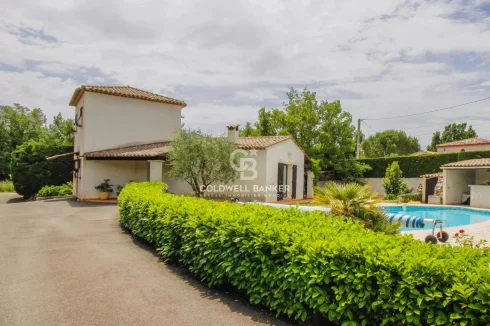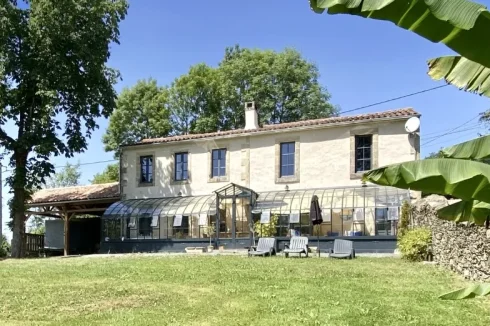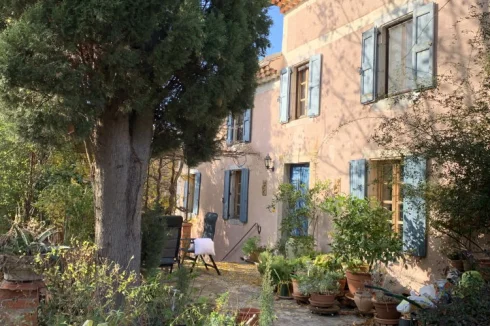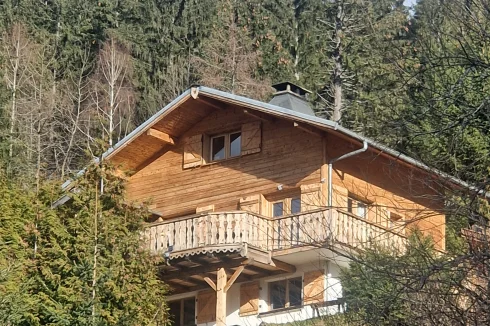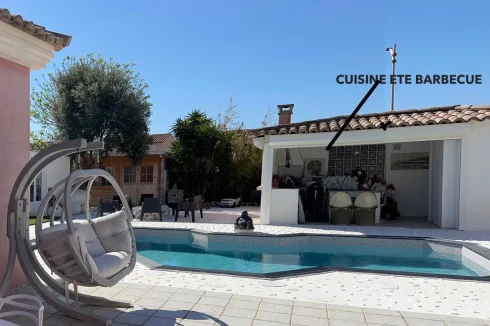Accident and Emergency Medical Care in France
Thursday 05 April 2012
France may well have an enviable health service, but the organisation of emergency medical care does seem to a lack a degree of coherence.
Emergency Number
If you need emergency medical care in France then you do as you might do in any other civilised country; you either get yourself to a hospital or ring an emergency services number.
Except that in France there are a number of different telephone numbers to use.
The main emergency number for medical services is 15, either from a fixed line or mobile phone.
You can also dial the European wide emergency number 112, but this might either go to the fire and rescue service or the emergency medical services, depending on the call-centre arrangements in the department.
Similarly, calls to 18 (which many use in error) are also to the fire and rescue service (Service Départemental d'Incendie et de Secours) rather than the medical service.
To add to the confusion, the emergency number for the police and gendarmes is 17, and as we shall see later, there are also other emergency numbers for medical care!
SAMU
Those calls to 15 go directly through to one of the 100 or so emergency medical call centres around the country – the Services d’Aide Médicale Urgente (SAMU).
The centres are staffed by medically trained staff, including doctors, who will decide on the basis of the information provided to you the action to take.
They may either:
- Advise you to visit an out-of-hours doctors surgery, a Maison Médicale de Garde (MMG);
- Ask you to make your way to a hospital;
- Send a doctor to you at home;
- Send an ambulance or sapeur-pompier service to bring you to hospital;
- Provide you with simple medical advice.
If a doctor is needed to attend then you may well be sent an on-duty GP from a local surgery or a doctor from an association of emergency doctors, called SOS Médicins.
Well, at least you might be, for as fewer doctors are prepared to offer themselves for emergency call-out, and as hospitals cut back on their support of emergency standby services, you could well be told simply to go be bed with an paracetamol and hot water bottle.
Maisons Médicales de Garde (MMG)
The system of out-of-hours GPs is called the Maisons Médicales de Garde (MMG).
The MMG are a network of general practitioner surgeries that operate an emergency service on a rotational basis.
Since 2002, when doctors went on strike to protest against the obligation to provide an out-of-hours service, the MMG are established on an entirely voluntary basis.
If so they are then contracted by the local health authorities, and doctors receive remuneration for standby and call-outs.
As the MMGs emerge out of local initiatives there is a huge variation in their availability across the country, reflecting the large disparities in the implantation of doctors across France. Inevitably, rural areas come out worst.
The MMG service has been in continuous decline since 2002, not only because doctors have become so unsporting, but also in recent years because of cutbacks that have been made by the local health authorities.
As a result, only around 15% of the population are now served by an MMG, and the number of out-of-hours calls has fallen from 75 million in 2002 to 35 million in 2011.
Even where they exist most MMGs are only open to midnight.
Each MMG has their own unique local telephone number, which is obtainable from your local surgery, although after midnight you normally need to ring 15.
To confuse matters further, many MMG have created their own branding, and so, particularly within urban areas, may well operate under this brand.
SOS Médecins
To fill at least some of the gap the other main emergency doctor service available is SOS Médecins, an independent association created in Paris in 1966 which specialises in out-of-hours home visits.
They have around 1000 members and attend around 2.5 million emergencies a year over the country.
A sign of their independent status is that SOS Médecins even have their own direct emergency number – 3654 – although you may be referred to them through the main emergency number 15.
Many medical professionals consider that it is time the independent status of SOS Médecins was abolished and the organisation placed within the framework of the health service.
Once again, however, this service is under threat, as an increasing number of hard pressed hospitals are deciding they can no longer afford to pay the doctors, who are remunerated by them on a fixed fee basis.
Most affected by the change are rural areas where the network of out-of-hours doctors’ services is already sparse.
Ambulance Services
There is also a similar level of diversity in the delivery of ambulance services.
In France there is no single national public ambulance service. Instead, you may either find a private taxi, private or public ambulance, or fire rescue vehicle coming to you in response to an emergency call.
Indeed, matters can often get very confusing, for many people wrongly ring 18 for an emergency call, which is then passed on to the SAMU from the pompiers; or they ring 15, only to find that paramedics from the fire and rescue vehicle turn up, called to attend by the SAMU!
Hospitals have their own fully equipped emergency vehicles (Services Mobiles d’Urgence et de Réanimation attachés aux hôpitaux - SMUR), but they also contract with private ambulance and taxi services.
All those who run a private ambulance service must be fully accredited, with qualified paramedics, although they rarely offer the equipment and qualified personnel of the hospital ambulances.
In the end, in a typically French way, it does all come together, but with restrictions on public expenditure, the quality of the service, which remains high, is in decline.
Next Article: Rental Levels in 2011
Thank you for showing an interest in our News section.
Our News section is no longer being published although our catalogue of articles remains in place.
If you found our News useful, please have a look at France Insider, our subscription based News service with in-depth analysis, or our authoritative Guides to France.
If you require advice and assistance with the purchase of French property and moving to France, then take a look at the France Insider Property Clinic.
